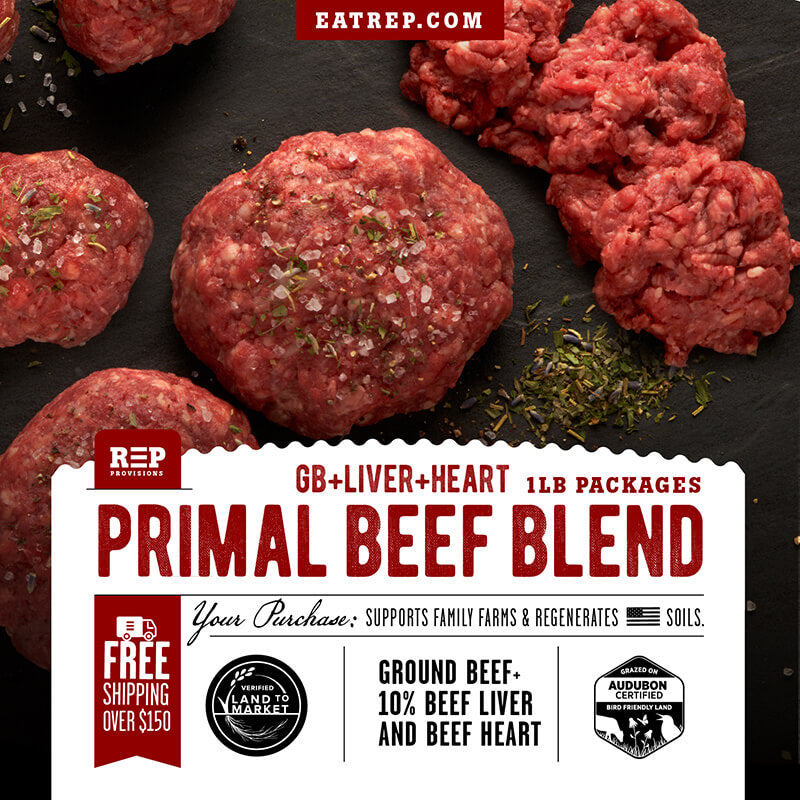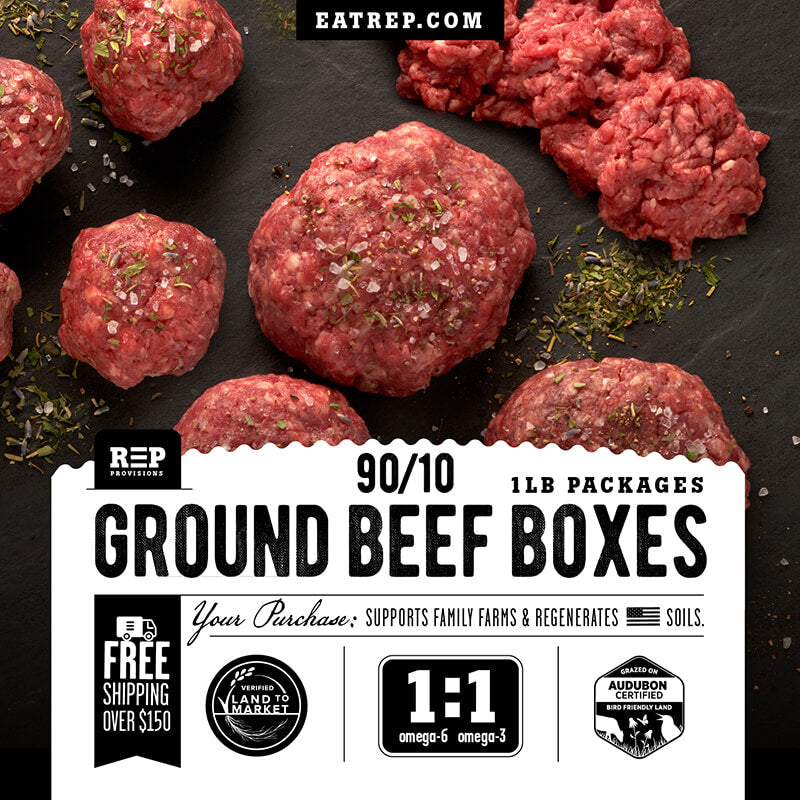

Dr. Forrest Pritchard, co-founder of Monarch Watch, notes that monarch butterfly populations are in decline due to habitat loss, climate change, and pesticide use – especially the use of neonicotinoid insecticides. The good news? Regenerative agricultural practices can not only help boost monarch populations, but also improve soil health, sequester carbon, and support other pollinators like bees and wasps in your area. Learn more about our efforts to restore monarch migration habitat through regenerative agriculture!
What IS regenerative agriculture?
It’s a simple idea, but one that’s often overlooked by conventional farmers. Simply put, it means taking care of your land and enriching your soil through natural processes so that it can produce abundant grass (and crops) year after year. It involves carefully rotating different types of livestock and forage-growing crops on a piece of land so as not to harm or degrade its overall health.
Why is regenerative agriculture important?
Farms which engage in regeneration agriculture practices, like our ranch, are incredibly important for creating and protecting habitat for monarchs. By practicing rotationally grazing grass-fed livestock on these lands we can prevent overgrazing, restore habitat and protect migratory routes through conservation ranching efforts. We allow milkweed to flourish on our ranch, whereas most conventional farms will remove it since it isn't a high-protein forage that cows like. When you’re buying from a sustainable farm you’re supporting ethical meat and rebuilding ecosystem health for tomorrow!
How can regenerative agriculture help protect and restore monarch migration habitat?
We aim to bring land stewardship back into a localized effort. We are pioneers in the area of ecosystem restoration through intensive rotational grazing and grass-finished beef production, which can benefit all species in and around our farm. In short, our efforts support monarch butterfly migration habitat protection by providing a sustainable home for pollinators.
We can help by planting milkweed!
Monarch butterfly populations are declining, and agriculture is partly to blame. While a number of factors have contributed to their decline (such as loss of habitat and climate change), monarch butterflies need milkweed plants for food and reproduction—and family farms are key for providing them with pollinator habitat.

REP Provisions includes a Monarch Mix Seed Packet in every box sold in April & May so that families across America can participate in rebuilding the Monarch Migration Corridor. We believe that happy prairies feed healthy people.




